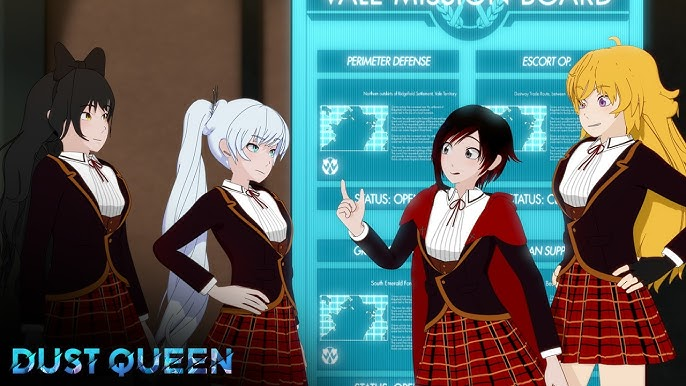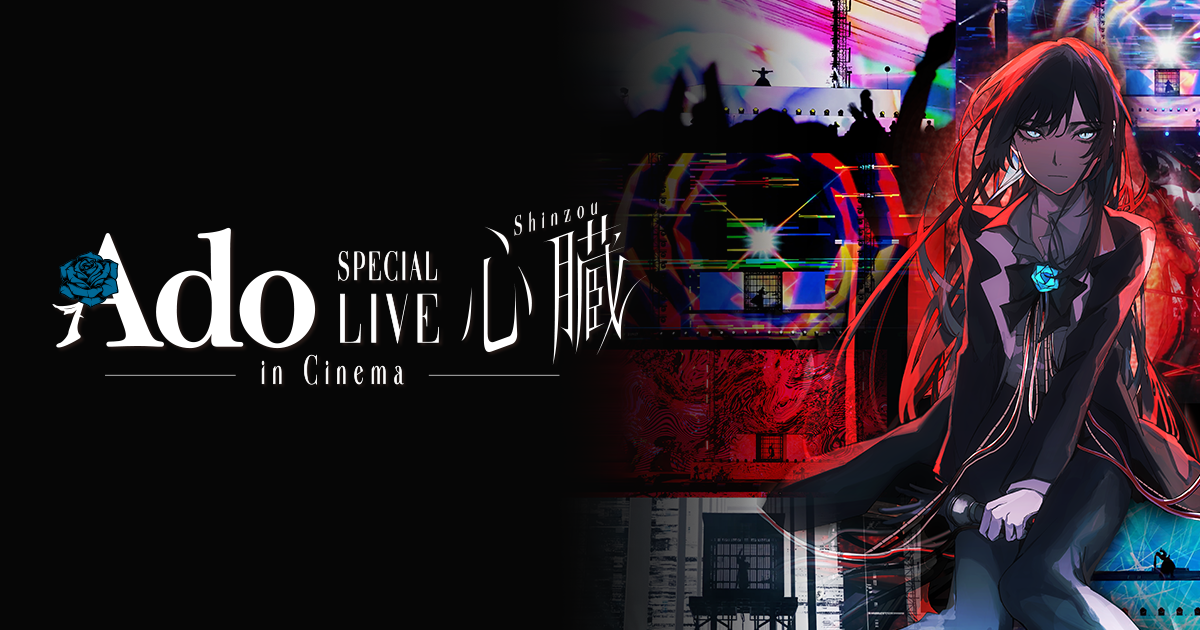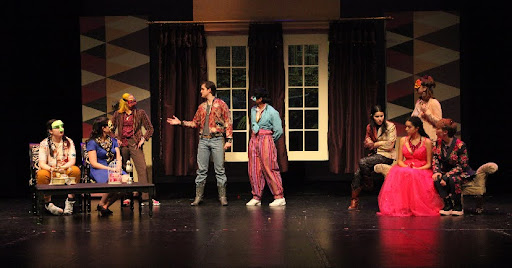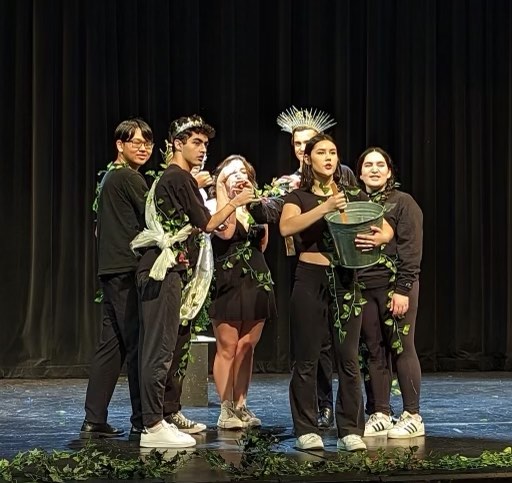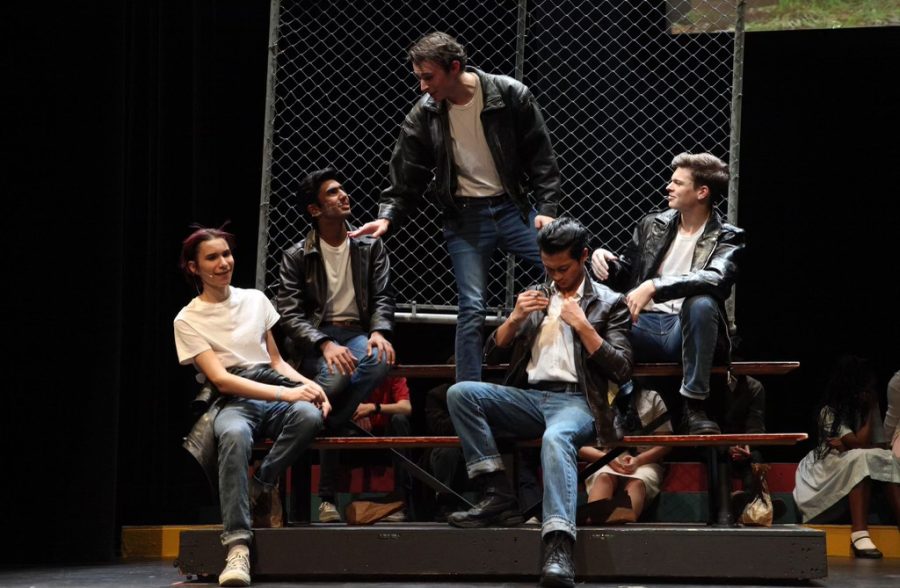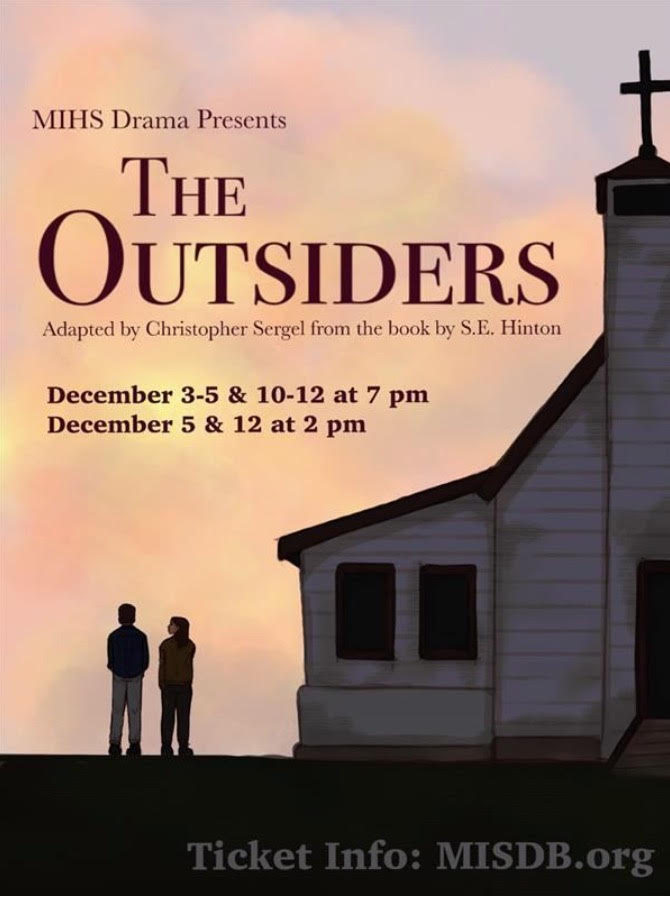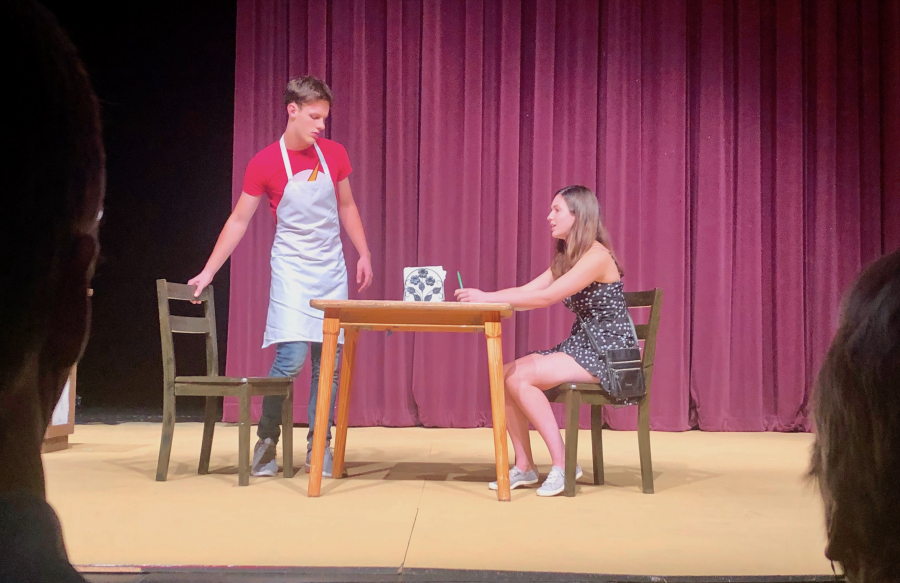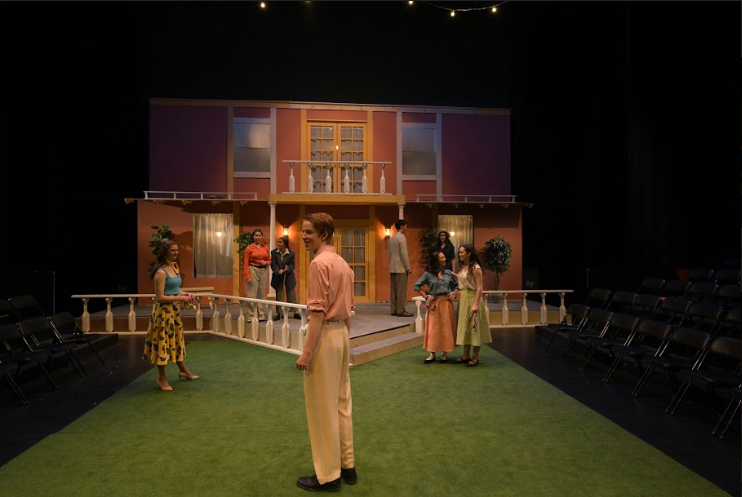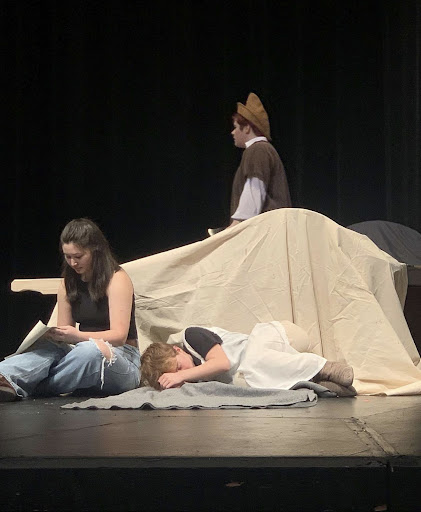
On Oct. 19 2023, Mercer Island High School celebrated their 10th annual Playwriting Project. The show was a series of five short plays written by the Drama II students Kyle Gerstel, Izzy Ferrari, Paige Kirby, Tiger Yang and Macie Nordberg. These plays were helped to be put together in part by Youth Theater Northwest.
The music selection for the entire show was beautifully chosen and made the production feel as though it were a movie. It was a wonderful sequence of performances and each play had a unique and creative touch that set it apart from the others. The shows portrayed intense emotions such as jealousy, fear and insecurities.
The show began with “Two People Wanting to Hook Up, Talking,” written by Kyle Gerstel. The play depicts Charlie, a high school cheerleader played by Jada Jorgensen, and her gym-obsessed boyfriend Cameron, played by Giovee Roque. However, the focal point of the play was Kerry, played by Alec Martin, a nerdy teenage boy who develops feelings for Charlie which are clearly not reciprocated. Later in the performance, Kerry is portrayed as successful and ambitious but simultaneously insecure; this lack of self-confidence seems to stem from a place of delusion and irrationality. Kerry remains consumed by negative thoughts regarding his worth throughout the entirety of the show, which contributes to the dismantling of the stereotype that unpopular kids are deemed to be successful and fulfilled later in life. The play possessed great comedic scenes; however, none of these were relevant to the plot of the show.
The title of the play also seemed to have little connection to the actual production. The play does not reveal much of Charlie and Kerry’s love story in high school; it mainly focuses on Kerry’s struggle with self-doubt and fear of judgment. This was confusing when analyzing the title, because “Two People Wanting to Hook Up, Talking” appears to convey a love story, but Charlie and Kerry’s love was not the dominant focus of the play. While I was amused throughout the performance, the title felt out of touch with the story line, and the show lacked character development.
The second play, “Switchblade,” written by Izzy Ferrari, was a technologically advanced production. However, the plot moved too fast for me to fully comprehend the ideas being argued. The two main characters in the show–Cam, played by Mia Vorkoper, and Percy, played by Damian Neuner–undergo a transformation in which they swap lifestyles. However, this transition was not clear. There were an abundance of scenes that were not explained clearly, which made the performance overwhelming and somewhat chaotic. The body-swapping was a very creative storyline, but I would’ve loved to see it executed in a more detailed and established manner. However, the actors were enthusiastic and it was apparent that they had put lots of time into understanding their role. Ferrari noted that the process of getting her play performed by others was difficult but worth it, as the main theme of her play was understanding one another.
The third play was called “Double Blind in Love” and was written by Paige Kirby. The production contained a wonderful storyline that exemplified the ups and downs of friendship.The play began with two friends–Mimi, played by Andie Dondisch, and Liv, played by Paige Kirby. Mimi and Liv get into a massive fight towards the end of the production which highlights some of the destructive and harmful ways that friends communicate with each other. Liv is a complex character who makes many mistakes including calling Mimi lonely and advising her not to make decisions that would benefit her. These traits were realistic and crucial to emphasizing that friends can oftentimes hurt each other unintentionally. Later in the play, Liv undergoes some character development as she apologizes for her actions and tries to be a better friend. I enjoyed seeing the girls resolve their toxic relationship. However, the play ends in a large dispute in which neither of the girls seem satisfied with each other’s apologies. The show was genuine and relatable as the production shined light on the trust and care required for healthy friendships.
The fourth play, “Love is a Thinker,” written by Tiger Yang, portrays Mendel, played by Greg Chvany. Mendel is an awkward teenage boy who goes out to dinner with a girl he found on an online dating site. Mendel explains that he struggles with rejection and being viewed as pitiful since the breakup between him and his sixth grade girlfriend. His fear of judgment leads him to believe he is making numerous mistakes throughout his time on the date, including his conversation-starters, which are evidently awkward and bland. The show was witty and realistic, as the “failed online date” seems to be a classic trope within entertainment. However, there was no emotional depth or central theme being argued. This play was my favorite show of the night because it contained a recognizable plot with excessive detail and hilarious commentary from the main character. “Love is a Thinker” was honest, relatable and somewhat comforting to any viewer with a similarly horrid online dating experience.
The final play, “Cannibal Princess,” written by Macie Nordberg, depicts a journey in the mountains to bring a princess to safety. The play revolves around a knight, played by Meredith Weaver, and a princess who is a cannibal, played by Kathleen McGuire. The knight is evidently frightened by the princess but remains by her side, caring for her and providing her company, and killing off rude or unlikeable characters to satisfy and feed her. The princess is very self-conscious throughout the course of the play and even apologetic to the knight who exhibits traits of strong loyalty to her. The play was wonderfully written and had a very modern take on a time period many people don’t think about, but contrary to the previous performance–“Switchblade”–this show felt too slow. There were a lot of exciting events that took place such as the process that went into killing people, but being the last play in the show, one would have expected more stage movement and comedic approaches, similar to the other plays. In all, “Cannibal Princess” was a clear and understandable performance, but as the last play, I felt it needed more action and suspense.
“Overall, this year’s Playwriting Project contained some very entertaining plays with themes generally based around insecurities. Many core emotions were brought up and many of the plays showed good lessons learned. My favorite play from this night was “Love is a Thinker” due to its humorous take on a normal scenario that would otherwise have been boring. Altogether, the playwriting project was a successful series of performances.





